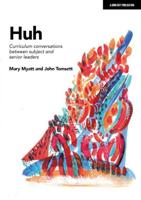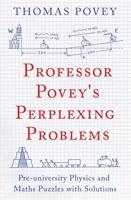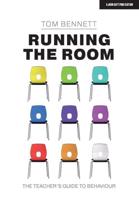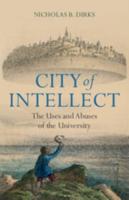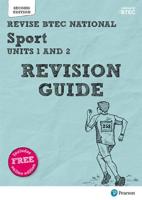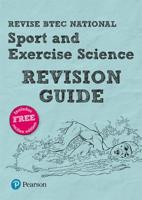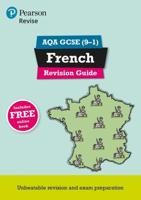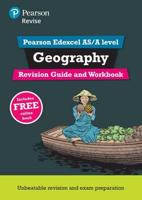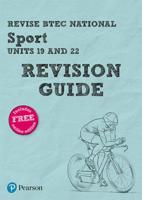Publisher's Synopsis
Aim for a target-based grading system and create stronger learning opportunities!
Do you wish there was more clarity when it comes to measuring student progress and learning? What if there was a way to utilize grading and assessment to focus on learning rather than performance, and the process rather than the product?
As grading, assessment, and reporting continue to be relevant topics of discussion, this book helps you create a functional plan to elevate and advance standards-based grading practices. Teachers and administrators will learn how to assess, grade, and report against specific learning targets rather than standards as a whole to make skill acquisition the highest priority. Grounded in application to provide focus and clarity, this book features:
- Real case studies of schools that have incorporated target-based assessment, feedback, grading, and reporting
- Practical examples to guide implementation
- Questions, checklists, illustrations, and audits of practice to showcase the work in action
- An accessible format and layout that support both immediate implementation and long-term goals
Despite being a topic that generates emotion and resistance to change, target-based assessment builds the foundation for a learner-centered system that provides clear expectations and feedback for teachers, students, and parents.
"Grading for Impact is a simple and straightforward guide to re-thinking grading based on mastery of specific skills and concepts rather than broadly-written standards. Real-world examples of teachers struggling with--and answering--the old questions are included: "How do we grade fairly and accurately?" and "How do we use grades as an instructional strategy?""Joseph Staub, High School Teacher
Downtown Magnets High School, CA
"Most stakeholders agree that report cards aren't enough to show what our students are learning in school, but changing the traditional grading system is a task that requires careful planning and challenging discussions. Grading for Impact shows educators how to start and plan the discussions that will result in genuine learning experiences for students."
Ernie Rambo, Virtual Learning Community Coordinator
Nevada National Board Professional Learning Institute

